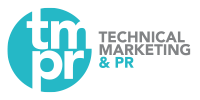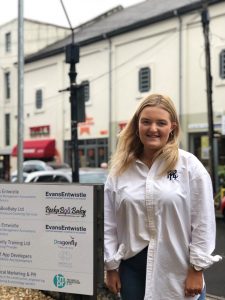Re-thinking events: Taking them online
One of the longest standing forms of marketing, events are a major element in many businesses’ marketing strategies. Particularly well-established in B2B sectors, events such as trade shows, are the ideal opportunity for brands to elevate themselves on a relevant platform with a targeted audience. To launch new products, network with the industry or generate new leads, face-to-face events have been fundamental.
Much like every other area of marketing there has been a rise in digital formats in recent years – webinars proving particularly popular. That said, face-to-face events are still a major springboard for activity for many businesses.
However, as face-to-face events have halted for the foreseeable future, now could be the perfect opportunity to add digital events to your plan and get creative with the space to explore what works (or more importantly, what doesn’t) for your brand.
So, if you’re looking to get started, what are some of the practical things you need to consider?
- Audio – Audio is the most important element in online events. Ensure you have appropriate mics and technology that you can rely on.
- Video – Live video is not always needed, but if this is your chosen method, use it as an opportunity to share the experience – and most importantly, it has to be done right.
- Time – Dive into the most important content quickly. It is vital that your audiences are engaged from the outset.
- Customisation – By taking your content and localising it for different regions is key to engaging different audiences and creating evergreen content.
- UX – whatever your chosen platform, the user experience needs to be simple from registration through to follow up. Give your audience easy access to everything they will need to further their understanding.
- Plan – have a structure in place but leave room for spontaneity. Audience demands may lead the way, don’t be intimidated by this, ensure you can be agile.
- Unique – be unique and have a personality. Bring your brand to life just as you would on a stand at an event.
While face-to-face events will always have a place in the marketing strategy of B2B brands, digital events can help to plug the content gap while we wait for normality to resume. And when it does, we expect to see much wider spread digital adoption given that they break down geographical and time boundaries, making audiences accessible without the need for travel.
In fact, the current situation could actually be the catalyst needed for many businesses to review event strategies and identify where digital has the potential to add value.


